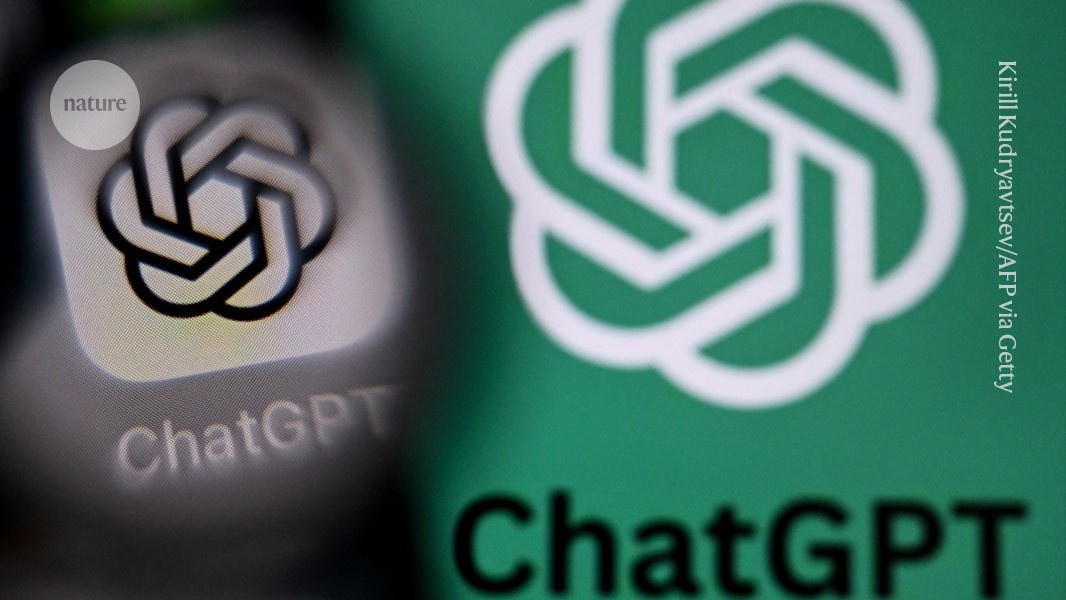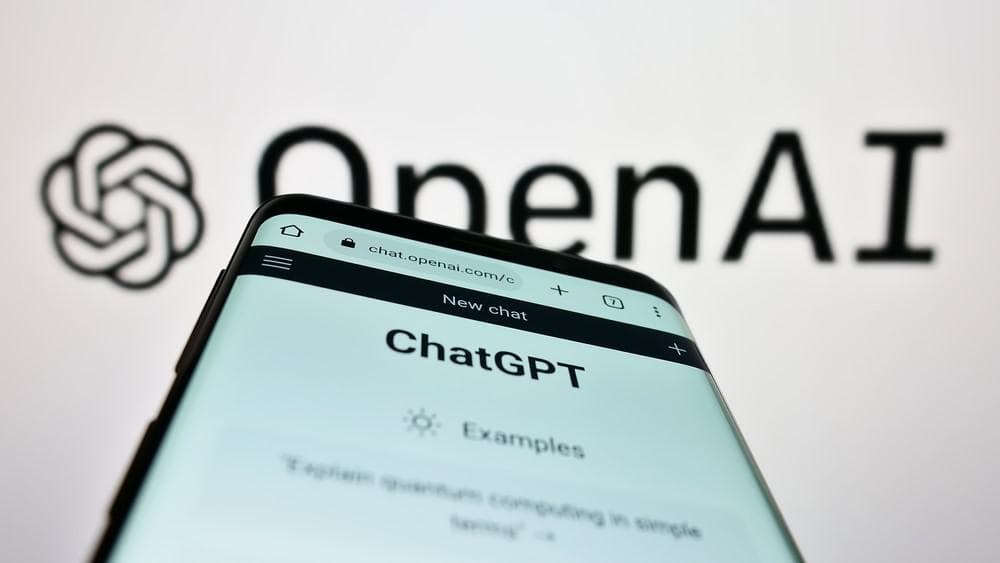fromTheregister
1 week agoGPT-5 bests human judges in legal smack down
They presented the model with a statement of facts, legal briefs for the prosecution defense, the applicable law, the summarized precedent, and the summarized trial judgement. And they asked the model whether it would support the trial decision, to see how the AI responded and compare that to prior research (Spamann and Klöhn, 2016, 2024), that looked at differences in the way that judges and law students decided that test case.
Artificial intelligence



























